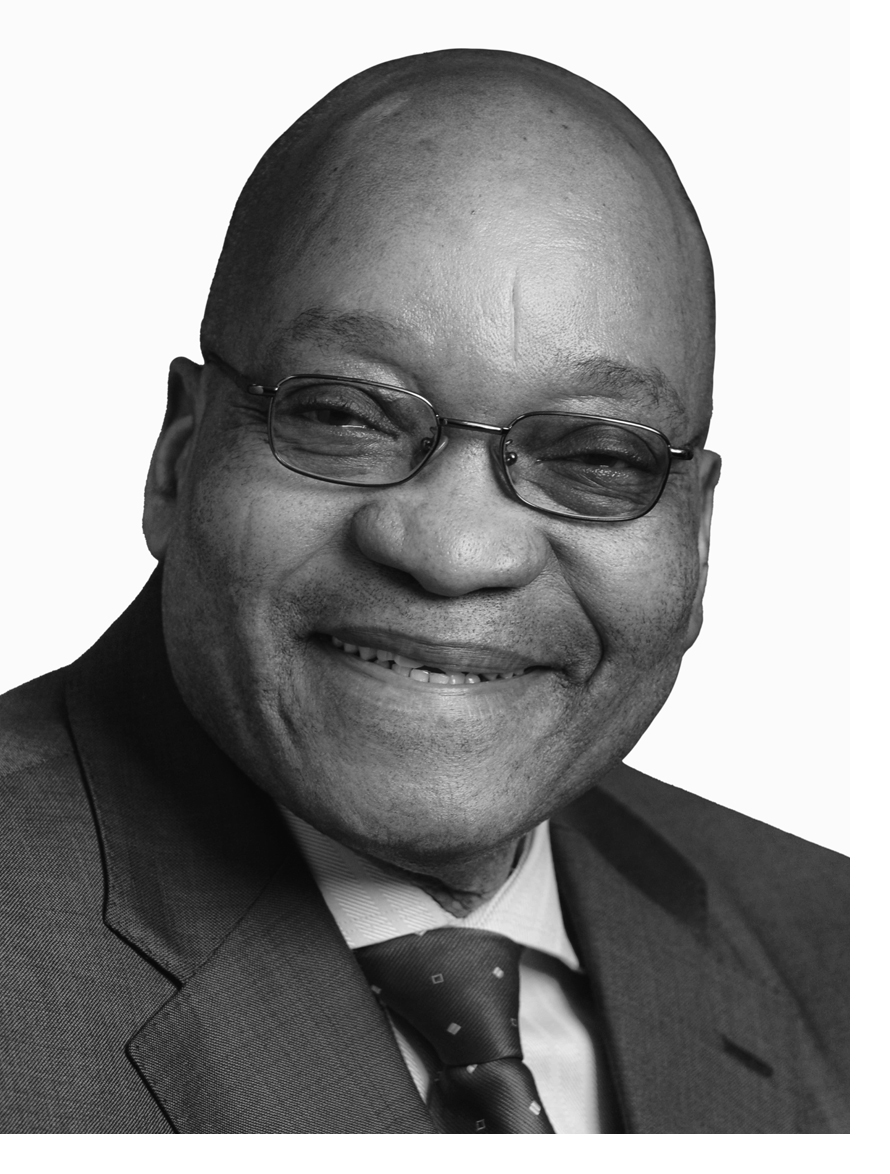Remarks by President Jacob Zuma to the 18th Summit of the Committee of Participating Heads of State and Government of the African Peer Review Mechanism (APR Forum), Addis Ababa, Ethiopia

Honourable Chairperson;
The year 2013 marks the jubilee for the African continent as the Organisation of African Union will be celebrating 50 years of existence and eleven 11 years since the launch of the African Union.
This year also marks a decade since the continent established the African Peer Review Mechanism (APRM) as evident in our gathering at this round table.
This year provides us with an opportunity to reflect on the successes, challenges and way forward as we seek to strengthen the mechanism.
One of the major achievements of the APRM and a source of pride for all of us is that it is a truly organic and home grown initiative of which we should be proud.
It is unique in the sense that it is a voluntary mechanism where we subject ourselves to review by our peers with the view of ensuring that we improve the lives of our people.
Honourable Chairperson, there is no doubt in my mind that the APRM has provided firm and strong basis for the successes recorded by NEPAD, which not so long ago marked its own decade.
It is therefore only fitting that as we begin the end of this decade of the APRM, we reflect on our progress. We must also chart a way forward based on our vision for this continent.
One of the critical issues facing us into the future is the phenomena of youth unemployment and it is my pleasure to share briefly on South Africa’s perspective on youth unemployment and job creation.
Honourable Chairperson, a critical element of the current global jobs crisis is the struggle of young people to enter and remain in the labour market.
Young people are three times more likely than adults to be out of a job. For those who do have a job, the quality of jobs is often an issue.
According to the ILO estimates, of the total of 200 million people unemployed worldwide, 75 million, or around 40 percent, are young people.
If the estimated 152 million young people living on less than one US dollar per day were added, the number of youth in an extremely vulnerable situation would be 225 million.
In South Africa, the unemployment rate is 25% and the majority, over 60% of the unemployed, are under the age of 35. There is also a large number of discouraged job seekers, officially there is 32 million people that are of the working age.
Statistics SA recorded that an estimate of 18 million South Africans are actively seeking employment.
Chairperson there are a number of explanations why young people are unemployed, these include:
Employers look for skills and experience; they regard unskilled, inexperienced jobseekers as a risky investment;
Given the uncertainty about the potential of school leavers in some countries, employers consider entry-level wages to be too high relative to the risk of hiring these inexperienced workers.
At its annual conference in June 2012, the ILO adopted a Resolution calling for immediate, targeted and renewed action to tackle the youth employment crisis.
The resolution provides a portfolio of tried and tested measures in five areas: macro-economic policies, employability, labour market policies, youth entrepreneurship and rights.
It underscores the need for balance, coherence and complementarity across the policy measures.
The initiatives require direct state involvement, private sector partnerships, as well as the mobilisation of civil society to take a proactive interest in addressing the problems presented by unemployment in general and youth unemployment in particular.
In South Africa we have adopted multi-pronged strategies aimed at increasing employment opportunities for young people and fostering social cohesion.
For us priority has been at different levels starting with investment in our education.
Institutions of higher learning have an important role in supporting young people to acquire the appropriate skills for the job market.
We have accordingly prioritised the design of curriculum or programmes aimed at massive production of entrepreneurs and to grow the economy.
Our understanding is that for the country to sustain economic growth, we need to produce a high calibre of people who will own factories and industries.
We declared 2011 the year of job creation, through meaningful economic transformation and inclusive growth.
We made considerable progress through this approach and thus we are convinced that this is the correct course of action given the levels of unemployment in our country.
We made a deliberate resolve to pursue growth in six key sectors in line with the New Growth Path.
These are infrastructure development, agriculture, mining and beneficiation, manufacturing, the green economy and tourism.
To achieve these goals, we have to build a strong mixed economy, where the state, private sector, cooperative and other forms of social ownership complement each other, to achieve shared and inclusive economic growth.
No economy can grow as fast as it should, create jobs and be sustainable, if the majority of citizens are excluded.
Therefore, it remained our resolve to build an economy in which the black majority, women, persons with disabilities and the youth participate fully and meaningfully.
We are mindful that South Africa’s youth, and thus the future of the continent as a whole, is intimately affected by the policy choices we make as leaders.
In our view, there is a strong need for African states to provide bold, imaginative and effective strategies to create millions of new jobs that the people need.
I thank you.




